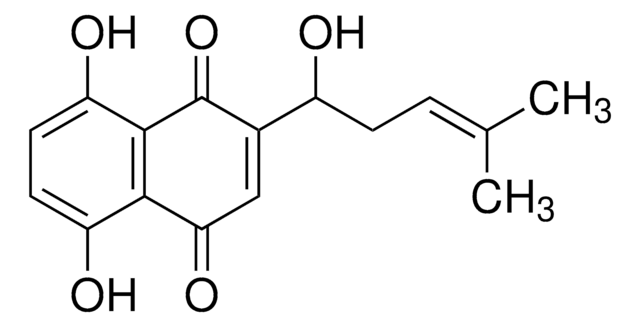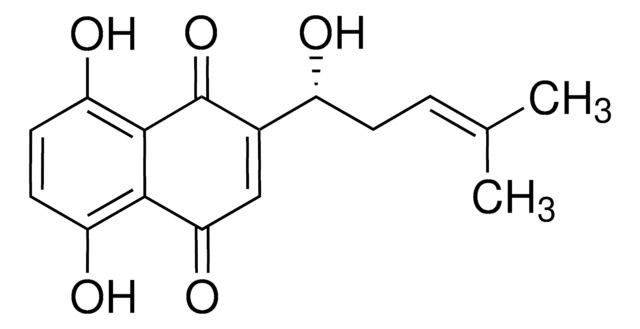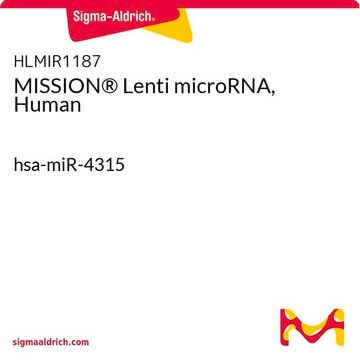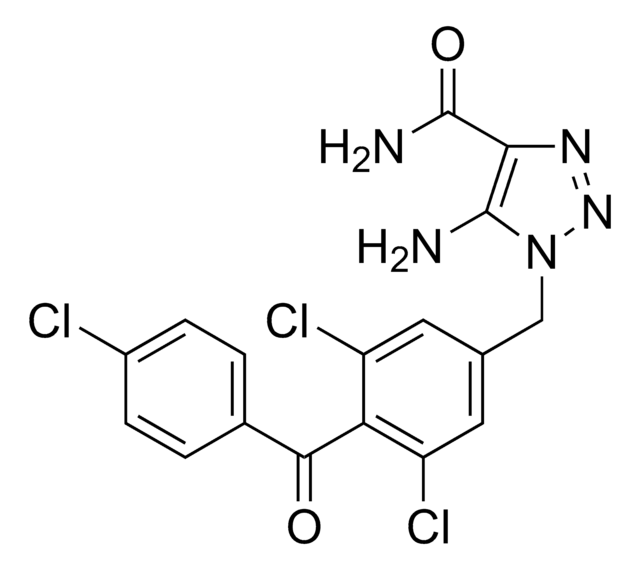SML2853
DASA-58
≥98% (HPLC)
Synonyme(s) :
3-(4-(2,3-Dihydrobenzo[b][1,4]dioxin-6-ylsulfonyl)-1,4-diazepan-1-ylsulfonyl)aniline, CID-44543605, DASA 58, DASA58, ML 203, ML-203, ML203, N,N′-DiArylSulfonAmide 58, NCGC00185916
About This Item
Produits recommandés
Niveau de qualité
Essai
≥98% (HPLC)
Forme
powder
Couleur
white to beige
Solubilité
DMSO: 2 mg/mL, clear
Température de stockage
2-8°C
Chaîne SMILES
NC1=CC=CC(S(N2CCN(S(C3=CC=C(OCCO4)C4=C3)(=O)=O)CCC2)(=O)=O)=C1
InChI
1S/C19H23N3O6S2/c20-15-3-1-4-16(13-15)29(23,24)21-7-2-8-22(10-9-21)30(25,26)17-5-6-18-19(14-17)28-12-11-27-18/h1,3-6,13-14H,2,7-12,20H2
Actions biochimiques/physiologiques
Code de la classe de stockage
11 - Combustible Solids
Classe de danger pour l'eau (WGK)
WGK 3
Point d'éclair (°F)
Not applicable
Point d'éclair (°C)
Not applicable
Faites votre choix parmi les versions les plus récentes :
Certificats d'analyse (COA)
Vous ne trouvez pas la bonne version ?
Si vous avez besoin d'une version particulière, vous pouvez rechercher un certificat spécifique par le numéro de lot.
Déjà en possession de ce produit ?
Retrouvez la documentation relative aux produits que vous avez récemment achetés dans la Bibliothèque de documents.
Notre équipe de scientifiques dispose d'une expérience dans tous les secteurs de la recherche, notamment en sciences de la vie, science des matériaux, synthèse chimique, chromatographie, analyse et dans de nombreux autres domaines..
Contacter notre Service technique








